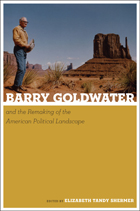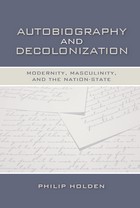

Presenting case studies from sixteen countries on five continents, The Catholic Church and the Nation-State paints a rich portrait of a complex and paradoxical institution whose political role has varied historically and geographically. In this integrated and synthetic collection of essays, outstanding scholars from the United States and abroad examine religious, diplomatic, and political actions—both admirable and regrettable—that shape our world. Kenneth R. Himes sets the context of the book by brilliantly describing the political influence of the church in the post-Vatican II era. There are many recent instances, the contributors assert, where the Church has acted as both a moral authority and a self-interested institution: in the United States it maintained unpopular moral positions on issues such as contraception and sexuality, yet at the same time it sought to cover up its own abuses; it was complicit in genocide in Rwanda but played an important role in ending the horrific civil war in Angola; and it has alternately embraced and suppressed nationalism by acting as the voice of resistance against communism in Poland, whereas in Chile it once supported opposition to Pinochet but now aligns with rightist parties.
With an in-depth exploration of the five primary challenges facing the Church—theology and politics, secularization, the transition from serving as a nationalist voice of opposition, questions of justice, and accommodation to sometimes hostile civil authorities—this book will be of interest to scholars and students in religion and politics as well as Catholic Church clergy and laity. By demonstrating how national churches vary considerably in the emphasis of their teachings and in the scope and nature of their political involvement, the analyses presented in this volume engender a deeper understanding of the role of the Roman Catholic Church in the world.
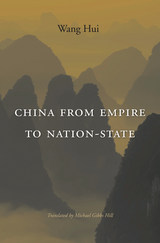
This translation of the Introduction to Wang Hui’s Rise of Modern Chinese Thought (2004) makes part of his four-volume masterwork available to English readers for the first time. A leading public intellectual in China, Wang charts the historical currents that have shaped Chinese modernity from the Song Dynasty to the present day, and along the way challenges the West to rethink some of its most basic assumptions about what it means to be modern.
China from Empire to Nation-State exposes oversimplifications and distortions implicit in Western critiques of Chinese history, which long held that China was culturally resistant to modernization, only able to join the community of modern nations when the Qing Empire finally collapsed in 1912. Noting that Western ideas have failed to take into account the diversity of Chinese experience, Wang recovers important strains of premodern thought. Chinese thinkers theorized politics in ways that do not line up neatly with political thought in the West—for example, the notion of a “Heavenly Principle” that governed everything from the ordering of the cosmos to the structure of society and rationality itself. Often dismissed as evidence of imperial China’s irredeemably backward culture, many Neo-Confucian concepts reemerged in twentieth-century Chinese political discourse, as thinkers and activists from across the ideological spectrum appealed to ancient precedents and principles in support of their political and cultural agendas. Wang thus enables us to see how many aspects of premodern thought contributed to a distinctly Chinese vision of modernity.
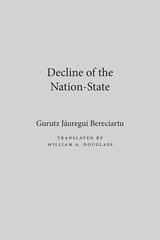
This scholarly work explains the historical and contemporary causes that have given rise to the current explosion of nationalist movements in western Europe. The text also discusses the course these movements may take in the future. The current world political order, maintained by the separation of and frequent antagonism between sovereign nation-states, is increasingly inadequate given the profound social, economic, and technological transformations which have occurred in recent years. The nation-state is no longer the axis of political systems. Existing nation-states are currently undergoing a process similar to the one that caused the disappearance of traditional social forms and territorial entities which were subsumed into broader political structures. The goal of contemporary nationalist movements to create their own nation-states may therefore constitute an anachronistic aspiration and historical error. This crisis of the nation-state, as a form of universal juridico-political organization, and its replacement by supranational structures, is fraught with its own dangers. The latter purports to construct a supranational Europe. However, this new Europe cannot be established in opposition to the nations and regions; rather, it must form a kind of consensual melting pot resulting from the mixture of the complex social and cultural traditions of the different communities constituting European society. Decline of the Nation-State was translated into English by William A. Douglass. It was published originally as Contra el estado-nación: En orno al hecho y la cuestion naciónal in 1986.
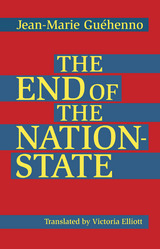
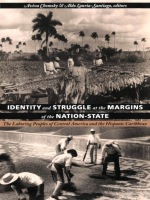
Responding to the fact that the more common, elite-centered “national” histories distort or erase the importance of gender, race, ethnicity, popular consciousness, and identity, contributors to this volume correct this imbalance by moving these previously overlooked issues to the center of historical research and analysis. In so doing, they describe how these marginalized working peoples of the Hispanic Caribbean Basin managed to remain centered on not only class-based issues but on a sense of community, a desire for dignity, and a struggle for access to resources. Individual essays include discussions of plantation justice in Guatemala, highland Indians in Nicaragua, the effects of foreign corporations in Costa Rica, coffee production in El Salvador, banana workers in Honduras, sexuality and working-class feminism in Puerto Rico, the Cuban sugar industry, agrarian reform in the Dominican Republic, and finally, potential directions for future research and historiography on Central America and the Caribbean.
This collection will have a wide audience among Caribbeanists and Central Americanists, as well as students of gender studies, and labor, social, Latin American, and agrarian history.
Contributors. Patricia Alvarenga, Barry Carr, Julie A. Charlip, Aviva Chomsky, Dario Euraque, Eileen Findlay, Cindy Forster, Jeffrey L. Gould, Lowell Gudmundson, Aldo A. Lauria Santiago, Francisco Scarano, Richard Turits
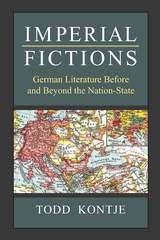
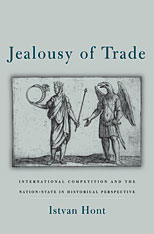

Mac Laughlin offers a theoretical and empirical analysis of nation building, taking as a case study the historical connections between Ireland and Great Britain in the clash between 'big nation' historic British nationalism on the one hand, and minority Irish nationalism on the other. Locating the origins of the historic nation in the seventeenth and eighteenth centuries, Mac Laughlin emphasises the difficulties, and specifities, of minority nationalisms in the nineteenth century. In so doing he calls for a place-centred approach which recognises the symbolic and socio-economic significance of territory to the different scales of nation-building. Exploring the evolution of Irish Nationalism, Reimaging the Nation State also shows how minority nations can challenge the hegemony of dominant states and threaten the territorial integrity of historic nations.
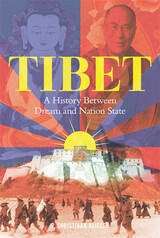
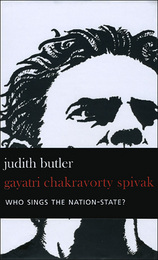
READERS
Browse our collection.
PUBLISHERS
See BiblioVault's publisher services.
STUDENT SERVICES
Files for college accessibility offices.
UChicago Accessibility Resources
home | accessibility | search | about | contact us
BiblioVault ® 2001 - 2025
The University of Chicago Press



